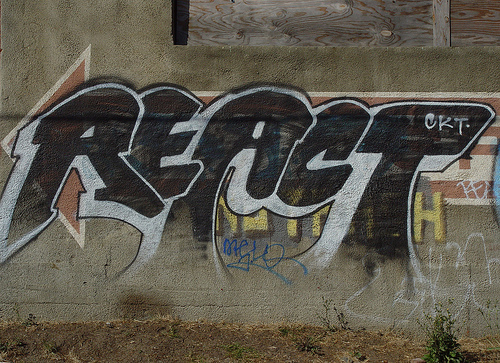There are thousands of resources available today for anyone seeking ways to learn how to set personal goals. Many of the philosophies are very helpful and extremely positive. Where people often run into trouble is when they hope the technique eliminates the need for personal responsibility and action.
Is It You Or The Program?
I had a recent conversation with a client that is unfortunately very common. She was explaining to me that a program her family was previously involved with didn’t work because her son didn’t successfully complete it. As the discussion continued, she informed me that she didn’t follow all the recommendations and her son didn’t participate in all required activities. This illustrates a pervasive mentality in today’s culture: The more responsibility an individual has, the less likely it is he will follow through with his obligations.
Simplify the Definitions of Goals
I am a firm believer in an individual’s responsibility for his own happiness. I also think the more simple one’s responsibilities are, the more likely he will reach his goals. Some basic tips to establish clear targets include:
- Ask for the what, not the how: It is easy to focus on a particular object as a goal. However, the object simply represents a feeling. Make the emotion the focal point in order to maintain flexibility in how to achieve it.
- Taking a different route will still get you there: There are usually several different routes to any destination. Choose the one that suits you. Your choices may not be the most commonly used path, but if it works for you it is the right one.
- Reserve the right to change your mind: As you are pursuing a goal you may decide it is no longer something you strive for. It is okay to change your mind, after all it is your goal. This doesn’t mean you have failed.

Personal goals are important but they shouldn’t be sources of stress and anxiety. Relax and enjoy your pursuits. As you do, you will find plenty of motivation along the way. Happiness is both divinely inspired and the intrinsic right of everyone!








 Remember that you have created relationships with people who support your success. They want you to achieve your dreams. If they don’t know exactly how to advise you, they will point you in the direction to go so you can find the information you need. Does this sound like your relationships? If not, change who you surround yourself with.
Remember that you have created relationships with people who support your success. They want you to achieve your dreams. If they don’t know exactly how to advise you, they will point you in the direction to go so you can find the information you need. Does this sound like your relationships? If not, change who you surround yourself with. In any situation involving relationships, we are in pursuit of security. Security is neither positive nor negative. If we are comfortable with conflict, we will be secure in situations that are contentious and chaotic. If we operate well when our surroundings are calm, we will be secure in an environment that is calm and peaceful.
In any situation involving relationships, we are in pursuit of security. Security is neither positive nor negative. If we are comfortable with conflict, we will be secure in situations that are contentious and chaotic. If we operate well when our surroundings are calm, we will be secure in an environment that is calm and peaceful.